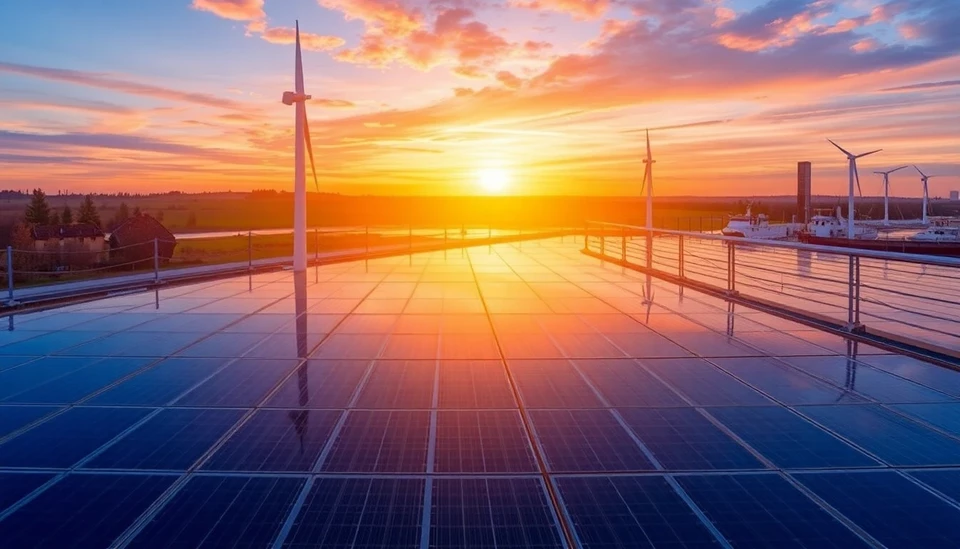
Germany's ambitious plans to establish itself as a leader in hydrogen production are facing serious obstacles as the nation grapples with dwindling supply options. With the global race to secure renewable hydrogen heating up, Germany's energy strategy hinges on the availability of this crucial element, yet recent developments have raised concerns about the viability of reaching its targets.
The cornerstone of Germany's hydrogen strategy involves creating a sustainable infrastructure that relies heavily on imports. The government has set a goal to produce around 10 megatons of green hydrogen annually by 2030. However, as the deadline approaches, the nation is finding it increasingly difficult to secure its supply from foreign partners. Key deals with countries like Australia and Canada have become uncertain, raising alarm bells among policymakers and industry stakeholders.
Concerns primarily stem from shifting global supply chains and rising competition among nations vying for hydrogen resources. Countries such as the United States and Japan are rapidly expanding their hydrogen production capacities and forging new partnerships, thereby putting Germany at a competitive disadvantage. This has led to fears that Berlin’s hydrogen dream could become a pipe dream if alternative sources are not secured soon.
Moreover, the effects of geopolitical tensions and fluctuating markets have also complicated the situation. The ongoing conflict in Ukraine has disrupted energy supplies across Europe, prompting governments to rethink their energy strategies. As a result, the urgency for countries to diversify their energy sources has increased, further narrowing the options available for Germany.
Experts warn that the clock is ticking for Germany to stabilize its hydrogen supply chain and meet its ambitious climate goals. Failure to do so could mean significant delays in the country's transition to renewable energy, jeopardizing long-term objectives aimed at reducing greenhouse gas emissions.
In response to these challenges, the German government has been exploring new measures, including the establishment of a dedicated hydrogen financing fund to attract private investment and support technological innovation in the sector. While these initiatives aim to bolster local production capabilities, many experts believe that without immediate international collaboration, Germany's hydrogen aspirations remain at risk.
The situation not only impacts Germany’s energy future but also its economic stability. As industries across the nation lean more towards hydrogen as a clean alternative for power and transportation, uncertainties in supply could hinder the momentum needed for an ecological transformation, putting additional pressure on existing fossil fuel dependencies.
All eyes will remain on Germany as it navigates these critical challenges. The outcome will not only define the nation’s energy landscape for generations to come but also influence global hydrogen markets and international energy policies.
As the stakes become increasingly high, the need for strategic partnerships and innovative solutions in hydrogen production has never been clearer. Policymakers, businesses, and researchers must work collaboratively to secure a robust and reliable hydrogen supply that can meet the nation's ambitious goals.
#Germany #Hydrogen #SustainableEnergy #EnergyTransition #GreenTechnology #ClimateGoals #RenewableHydrogen #EnergySupply
Author: Victoria Adams




